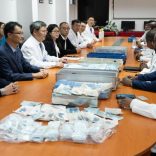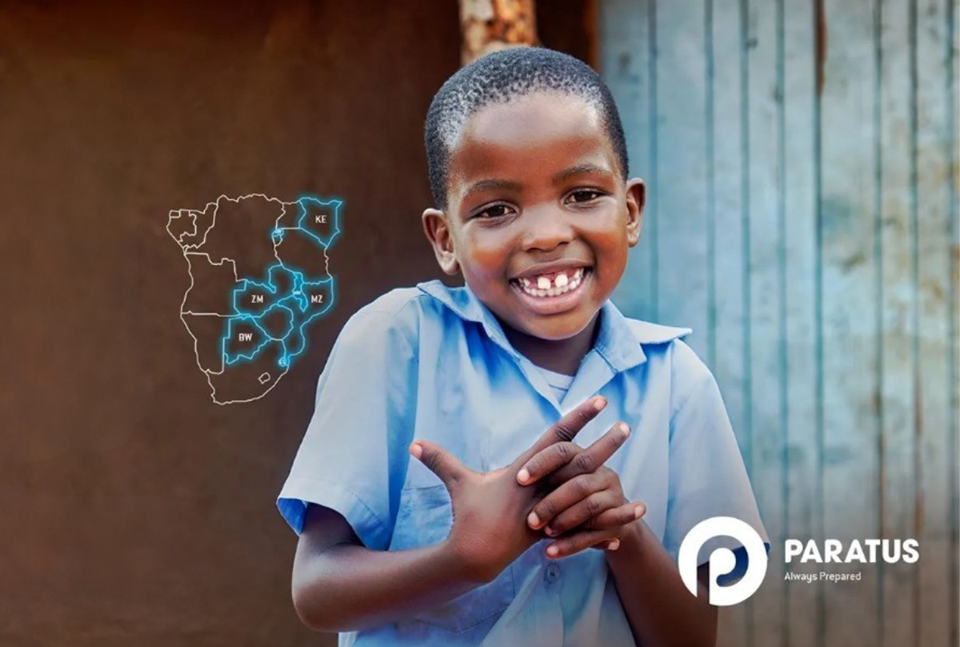Mozambique: First case of mpox diagnosed in Cabo Delgado
Mozambique: INS hopes to detect new coronavirus variants – AIM report

Sergio Chicumbe, the INS Director of Research and Monitoring.
Mozambique’s National Health Institute (INS) is investing in acquiring the equipment necessary to detect new variants of the coronavirus that causes the Covid-19 respiratory disease, according to Sergio Chicumbe, the INS Director of Research and Monitoring.
In recent weeks, two new variants of the coronavirus have been detected, one in Britain and one in South Africa, which appear to spread even more rapidly than the original virus. There are fears that the new variants may prove resistant to the vaccines developed against the coronavirus.
“We have two methodologies”, Chicumbe told a Maputo press conference on Monday. “One is the analysis of the entire genome of the virus. This capacity depends on installing some components of bioinformatics which we are still in the process of acquiring”.
The second methodology is detected existing “mutation windows”, which does fall within the abilities of the INS.
Chicumbe said the INS has decided to form a partnership with reference laboratories in the region, particularly with South Africa in order to carry out epidemiological surveillance jointly.
He explained that identifying new variants is a time-consuming process, but random samples collected in Mozambique have now been sent to South Africa for analysis. So Chicumbe believed that, in the near future, “we will have specific information as to whether or not the new variant is circulating in Mozambique”.
The new variant identified in South Africa in December is believed to be driving a second wave of South African infections. The new variant has already been detected in about 50 countries.
Giving the INS weekly account of the evolution of the Covid-19 epidemic in Mozambique, Chicumbe said there had been a clear growth in the positivity rate in the last four week. The rate now stands at seven per cent nationally – but several provinces show a much higher rate: 19.1 per cent in Nampula, 12.8 per cent in Maputo city, 12.4 per cent in Maputo province, and 10.9 per cent in Zambezia.
There was a deterioration in December, when 2,941 cases of Covid-19 were detected out of the 37,875 tests held. This compares with 2,832 cases found in 39,788 samples tested in November. In the first four days of January, 821 infections were detected in 4,664 tests.
Chicumbe said the number of Covid-19 cases detected rose from 665 in the 13-19 December epidemiological week, to 685 between 20 and 26 December, to 806 in the week from 27 December to 2 January.
The INS warns that the deterioration is probably due to the failure by many citizens to respect preventive measures against Covid-19, such as social distancing, limiting the number of people attending events and wearing masks in public.
Nonetheless the number of Covid-19 cases and deaths remains much lower in Mozambique than in most other members of the Southern African Development Community (SADC). Mozambique has the lowest death rate (measured as deaths per million inhabitants) of any mainland SADC country, with the exception of Tanzania, which stopped issuing figures in May.













Leave a Reply
Be the First to Comment!
You must be logged in to post a comment.
You must be logged in to post a comment.